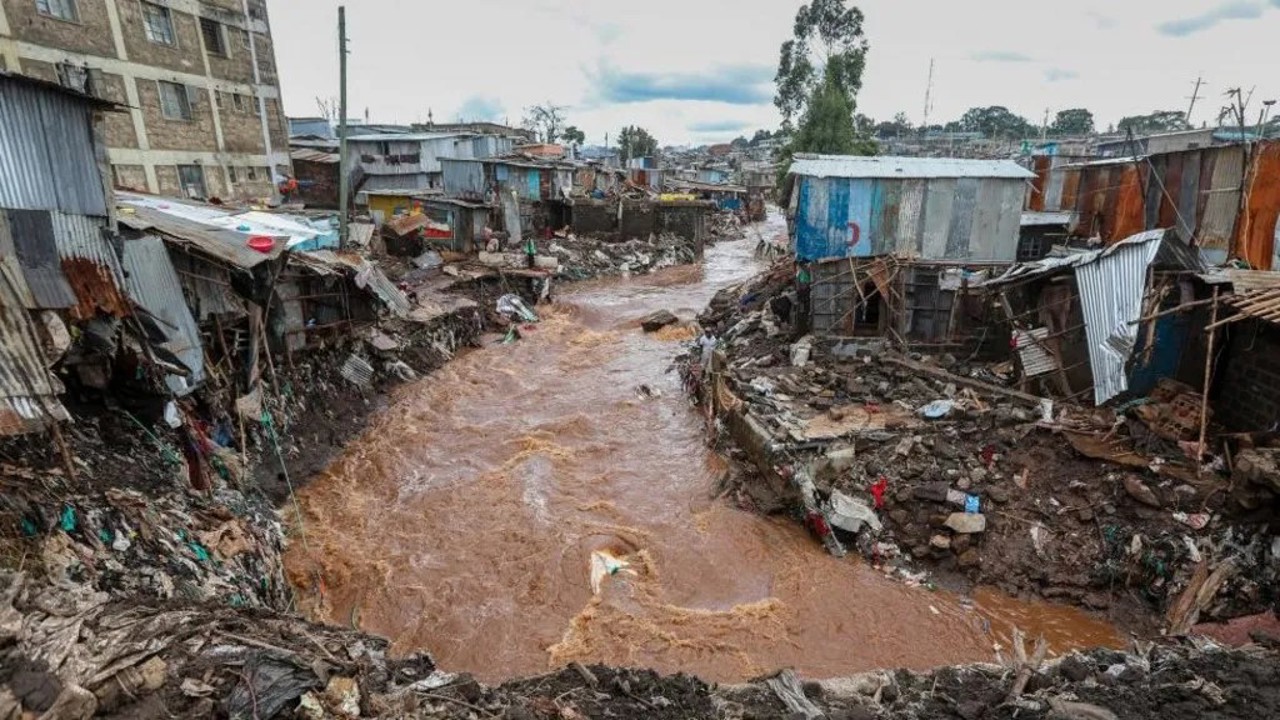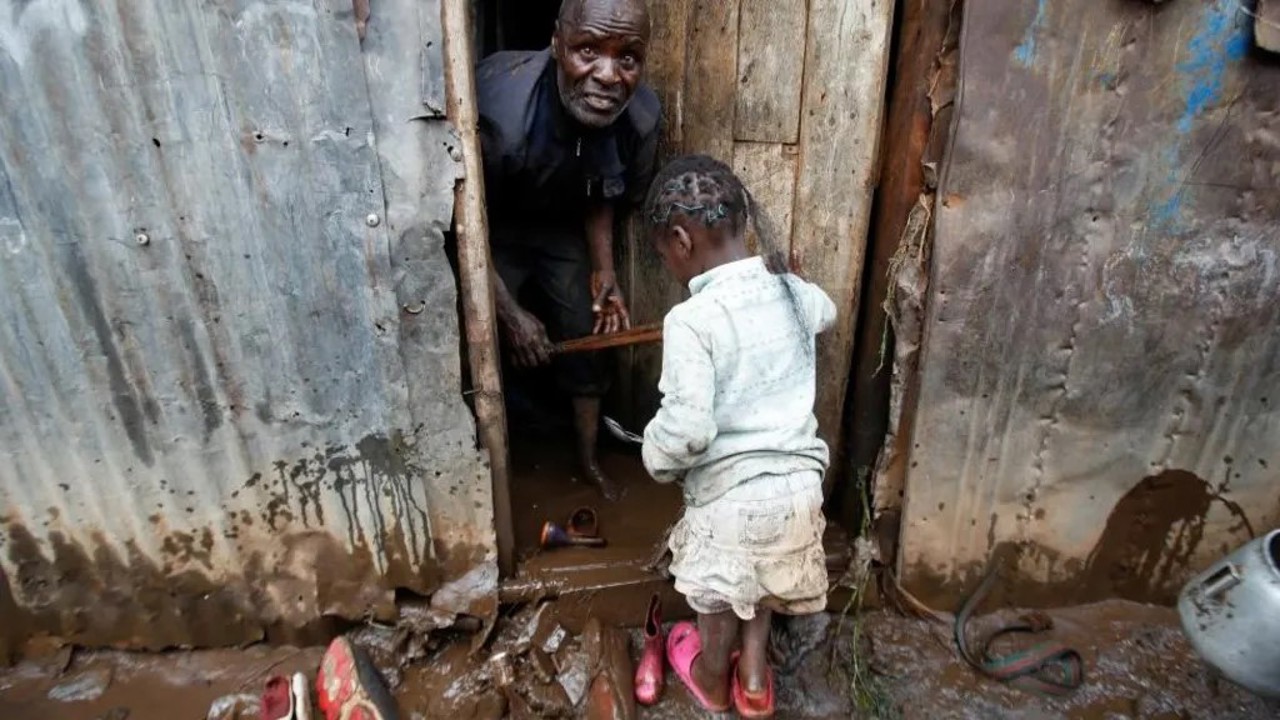Climate Wake-Up Call: Nairobi's Battle with Floods
Nairobi, the capital of Kenya, is battling devastating floods triggered by incessant torrential rains that have pounded the region for the past six weeks.

The unrelenting downpour has caused significant material damage and tragically claimed the lives of over 120 people, including 50 casualties following the collapse of dams near the city, as reported by the BBC.
While the area experiences a predictable rainy season, the volume of precipitation this year has far surpassed expectations. Experts attribute this phenomenon to El Niño. Rivers and drainage systems have been overwhelmed, overflowing their banks and transforming roads into raging torrents. These floodwaters have wreaked havoc, destroying numerous homes in their path.
Flooding is not a new occurrence in Nairobi. However, the severity of this year's deluge has exposed long-standing problems associated with the city's urban development. A significant portion of Nairobi is situated on the floodplain of the Nairobi River, which traverses the capital. Unsanctioned settlements have mushroomed along the riverbanks, disrupting the natural flow of the waterway.

Outdated infrastructure, the inadequacy of the city's drainage system, and the expansion of construction onto unsuitable land have all significantly contributed to the intensity of the flooding. Experts warn that climate change may lead to even more extreme rainfall events, making the implementation of a comprehensive new urban development plan a pressing necessity.
The authorities have already begun taking initial steps to address the crisis. They have suspended approvals for new real estate projects and mandated the evacuation of high-risk areas. Long-term plans are underway to modernize Nairobi's infrastructure and construct safe, secure housing in appropriate locations.
However, tackling Nairobi's intricate challenges will necessitate a substantial investment of time and resources. Effective solutions will require close collaboration between the authorities, urban planning specialists, and the city's residents. Working together, they can build a more flood-resistant and secure future for all.

The recent flooding in Nairobi serves as a stark reminder of the profound impact of climate change. It underscores the urgent need for concrete actions to adapt to our evolving environment. Sustainable urban development practices, efficient management of natural resources, and public education campaigns are all crucial to preventing similar tragedies from occurring in the future.
Translation by Iurie Tataru





